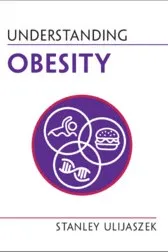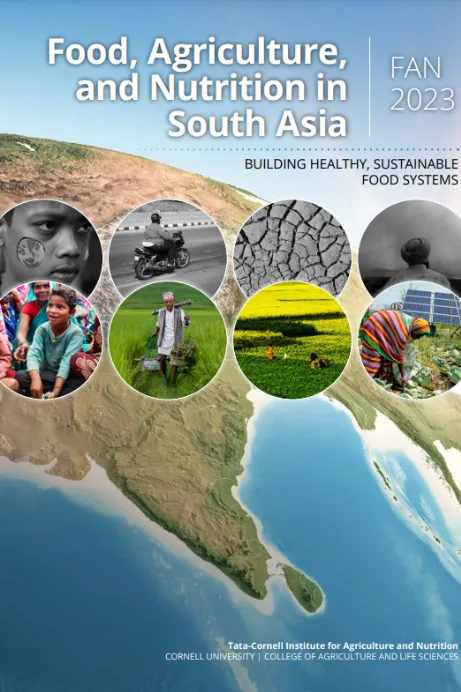The WHO Regional Office for Europe has produced a report calling for tighter controls on the marketing to children of foods high in saturated and trans fats, free sugars and salt, in order to fight childhood obesity. It says that while adults know when they are being targeted by advertising, children cannot distinguish, for example, between advertisements and cartoons. This makes them particularly receptive and vulnerable to messages that lead to unhealthy choices.

Moreover, the food industry increasingly uses cheap new marketing channels, such as social media and smart phone apps, specifically to target children. Alongside them, television (TV) is the dominant form of advertising; a large majority of children and adolescents watch TV more than two hours each day on average. There is a strong link between TV viewing and obesity in children. Recent data suggest that children become obese not just because they watch TV, instead of being active, but also because they are exposed to advertising and other marketing tactics. Most products featured are high in fat, sugar or salt. The leading categories of advertised foods are soft drinks, sweetened breakfast cereals, biscuits, confectionery, snack foods, ready meals and fast-food outlets. Brand recognition starts in early childhood. Children who recognize multiple brands by the age of 4 years are more likely to eat unhealthily and be overweight. Research has demonstrated that overweight children in particular respond to the presence of branded food packaging by increasing their consumption.
While all 53 Member States in the European Region have signed on to restrictions on the marketing of foods high in saturated and trans fats, free sugars and salt to children, most rely on general advertising regulations, which do not specifically address the promotion of such foods. Only six countries (Denmark, France, Norway, Slovenia, Spain and Sweden) have fully implemented regulatory approaches (legislation, self-regulation or co-regulation) of marketing food and drinks to children. At a WHO conference in Vienna, Austria on 4–5 July 2013, health ministers will address policy adjustments at the national level to protect the next generation.
While most of the report provides a state of play analysis of developments in marketing opporutunities and actions taken by the various member states, pages 24-27 provide a short review of the most recent evidence examining the impact of advertising on children’s perceptions of food products and to a lesser extent, on their weight status.
The citation is as follows: WHO (2013). Marketing of foods high in fat, salt and sugar to children: update 2012–2013, WHO Regional Office for Europe, Denmark.
You can download the report and the press release here.




Comments (0)